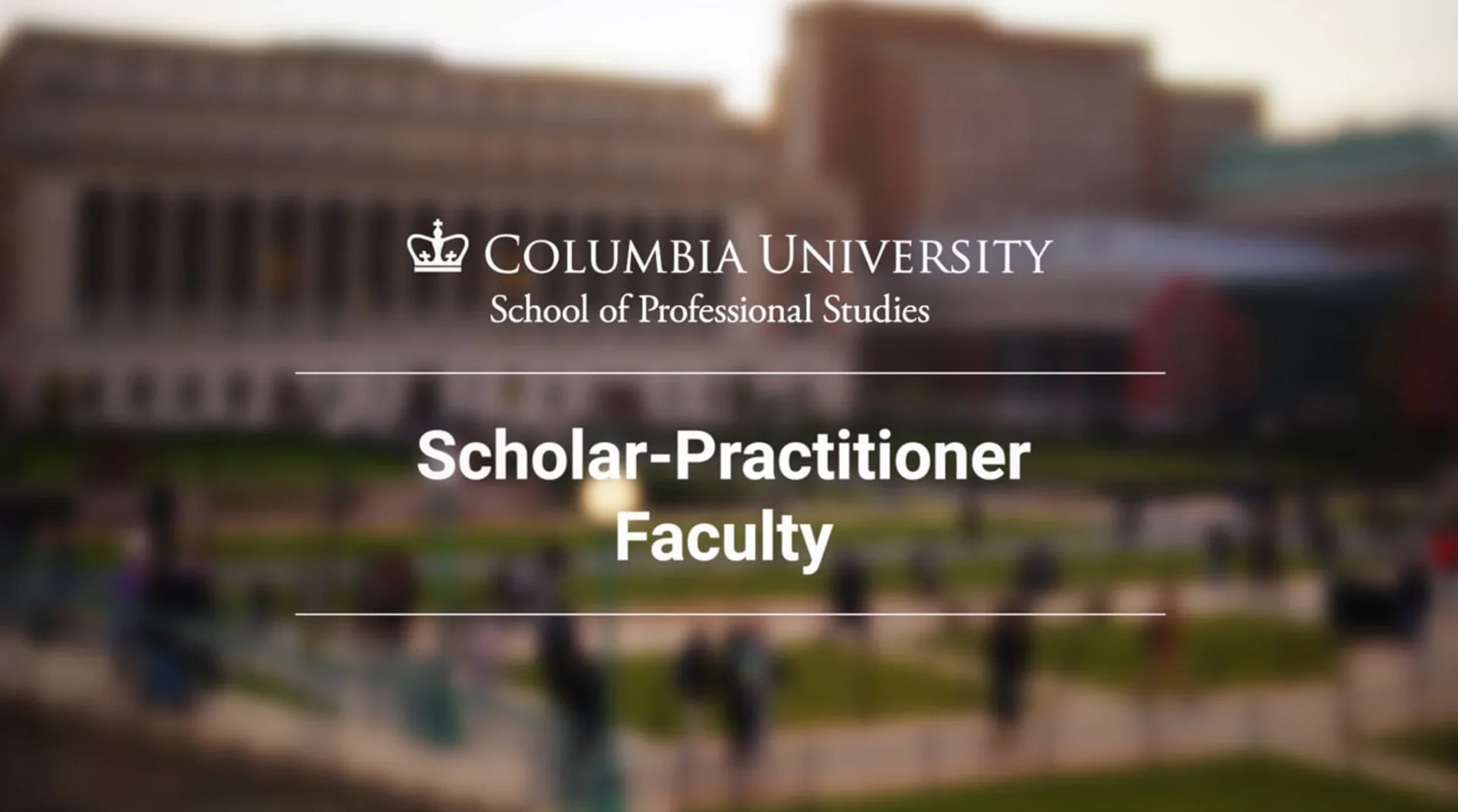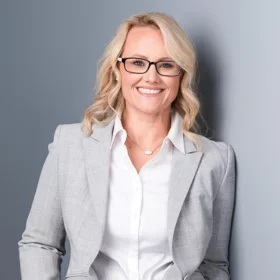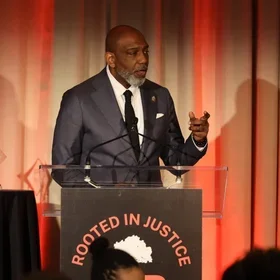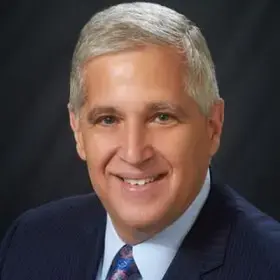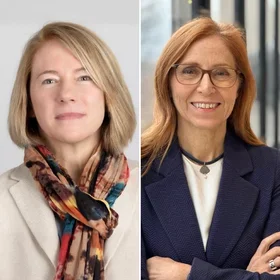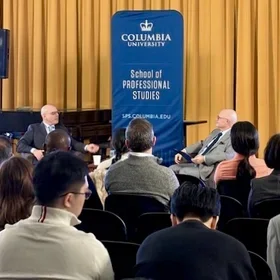Study with Scholar-Practitioner Faculty
The Columbia University School of Professional Studies (SPS) faculty includes scholar-practitioners who bring professional expertise to their courses. Students benefit from their informed professional insights and gain access to industry leaders and peers from across a range of disciplines.
The School’s scholar-practitioner model ensures the highest level of education, with full-time and adjunct instructors who bring their knowledge and experience as experts in their respective fields.
“One of the many unique aspects that sets our School apart,” says SPS dean Troy J. Eggers, “is the tremendous amount of professional insights and practical experience that our faculty impart to our students. It’s not simply just theory in practice. Learnings are immediately actionable and transformative to industries.”
Combining Theory and Practice
Columbia SPS recruits leaders of their fields to be part-time lecturers and associates to teach across its 18 master’s degree programs. They do so after having been trained in translating their professional experience into pedagogical strategies they share in class.
“SPS scholar-practitioners combine theory and practice,” says SPS senior vice dean Steven Cohen, Ph.D., a leader in the field of environmental science and sustainability and the director of the M.S. in Sustainability Management program at SPS.
“Our faculty are not only well versed in their disciplines using an academic lens, but they uniquely understand how to address real-world issues. This enables them to equip students with the knowledge and experience they need to be more effective in their careers and industries.”
“Our faculty hold senior jobs and are deeply experienced across multiple industries and sectors,” says M.S. in Human Capital Management program director Dr. Steve Safier. “In addition to drawing upon their own expertise and experiences, they reach into their extensive networks to invite guest lecturers, who share their own perspectives with our students and become part of our students’ networks.”
Direct Access to Industry Leaders
Throughout the academic year, SPS faculty take advantage of their vast and varied professional networks and affiliations to bring industry experts to the School to speak to classes, sit on academic panels, and participate in mentorship programs. For example, in 2023 and 2024 alone, M.S. in Human Capital Management (HCM) students had the opportunity to connect with more than 75 guest lecturers who are leaders in the field. These included Duncan Micallef, SVP and global head of Total Rewards at PepsiCo; Brandon Carson, global head of Learning, Leadership, and Cultural Experiences at Starbucks; and David Bearfield, HR director at the United Nations Development Program, among many others. “We enhance learning through guest lectures,” says Dr. Safier.
Transforming the Experience of Both Teaching and Learning
To help prepare industry leaders in their transition from the boardroom to the classrooms, the SPS Academic Affairs Division launched the Pedagogical Lab, a unique and immersive professional development program that equips SPS faculty with the tools and skills that enable them to succeed as educators.
“Even experienced presenters find the Lab helpful,” says Phoebe Ballard, assistant dean of Academic Services and Innovation. “You may have years of experience in a professional setting, but we hear from many faculty who have gone through the training that the classroom environment is much different from what they had anticipated, and that their work in the Lab benefited them—and their students.”
The SPS Pedagogical Lab “is a unique hallmark of the School,” says Ballard. “In the Pedagogical Lab, SPS faculty learn how to transform their rich professional experience into classroom curriculum, not only providing their unique perspective to students but giving them actionable learnings that they, the students, can immediately apply in their careers.”
Senior associate dean of Academic Affairs Dr. Erik Nelson hears such success stories from SPS graduates year after year. “The feedback that we get—from both faculty and students—is that our scholar-practitioner approach, combined with the special training that we provide through the Pedagogical Lab, has transformed the experience of both teaching and learning,” Dr. Nelson says.
“We train professionals how to teach, and those professionals in turn equip students with the knowledge and skills they need to make a real impact in their chosen industries and their lives.”
About the School of Professional Studies
The Columbia University School of Professional Studies (SPS) was founded in 2002 with a mission to provide innovative—and flexible—programs that help students reach their educational and professional goals. The School offers 18 accredited master’s degrees, 15 certificate and certification programs, and more than 100 areas of study through its Postbaccalaureate Studies and Visiting Students programs—all available on a part-time basis. Explore Columbia SPS’s part-time offerings, including master’s degrees, certificates, and other non-degree programs. To view recent SPS student work, visit the SPS Capstone and Culminating Projects page.
